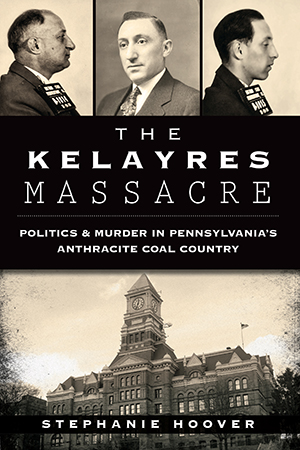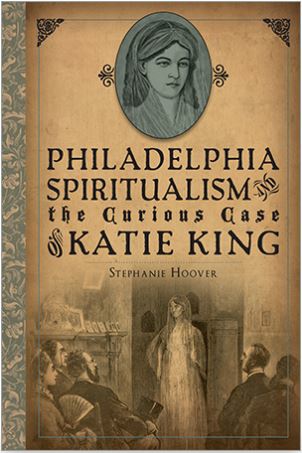Pennsylvania's Register of Wills
© Stephanie Hoover - All Rights Reserved
The specific origin of the register of wills is not found in the early laws of Pennsylvania, however, a statue of 1683 listed the duties of "the register" as registering births, deaths, marriages, wills and letters of administration. The constitution of 1776 provided that a register's office for the probate of wills, among other duties, be created in each county.
The validity of a will hinges on proving the death of the "testator" - the person making the will - and establishing his capacity to make the will. This process is called "probate." After the will has been probated it is recorded in the register's office, preserving it in perpetuity.
If the testator designated a person to dispose of his estate, that person is the "executor." The executor receives from the register of wills papers called "letters testamentary" stating this authority. The executor is also provided a copy of the will so he knows how the estate is to be distributed.
If the decedent makes no will, but the estate owes or is due monies, "letters of administration" are granted by the register of wills to the person designated by law.
As the agent for the Commonwealth the register of wills also records and forwards inheritance tax returns to the state's Department of Revenue.
For genealogists, estate records are a "must have" and offer a goldmine of personal, financial and family information. Like land records, wills and estate records date back to each county's formation.
Among the documents on file at the register of wills office (in addition to the wills themselves, of course) are:
- affidavits of death & proof of death
- application for letters testamentary
- letters testamentary and letters of administration
- renunciations
- executors' and administrators' bonds
- registers' record books, court dockets, estate dockets & minute books
- inventories and appraisements
- fiduciaries' accounts
- inheritance tax appraisements & receipt stubs
- widows' elections
From 1852 to 1855 the register of wills in all counties were required to record marriages, births and deaths. In many counties these old records have not been preserved. If, however, your ancestors fall inside this narrow window of opportunity, the following valuable details can be found:
Marriage register - names of parties and their parents; occupation, birthplace, and residence of husband; district in which ceremony was performed; name of person performing ceremony; witnesses
Birth register - name; sex; race; birth date and place; parents' names and place of residence; father's occupation
Death register - name; race; gender; age; occupation; marital status; dates and places of birth, death and interment; parents' names; duration of last illness; cause of death
Many counties' wills have been abstracted and published by historical and genealogical societies, or other private publishers. If you don't have the capacity to travel to the Pennsylvania county in question or visit the state archives, check with your local library. If it doesn't have these compilations, you may be able to obtain them via interlibrary loan. Additionally, sites like FamilySearch.org now offer scans of original documents online, for free. ~SH


